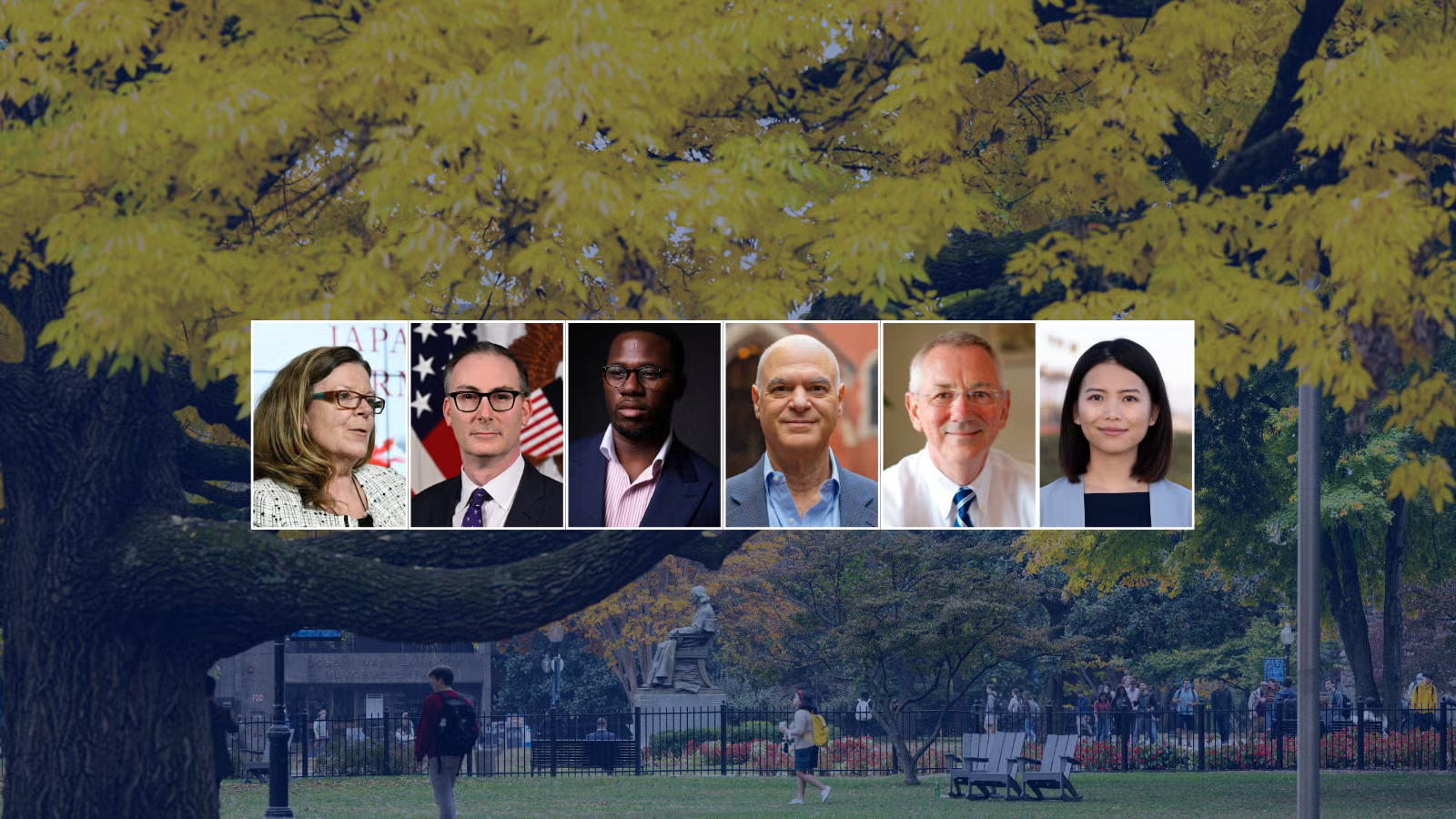This year, SFS welcomes six new faculty to the community: Eddie Deschapelles, Yifan (Flora) He, Bulelani Jili, Sheila Smith, Andrew Steer and Michael Sulmeyer. Spanning programs and disciplines, the new faculty bring academic expertise and real-world experience as practitioners to Georgetown.
Eddie Deschapelles, professor of the practice
Landegger Program in International Business Diplomacy
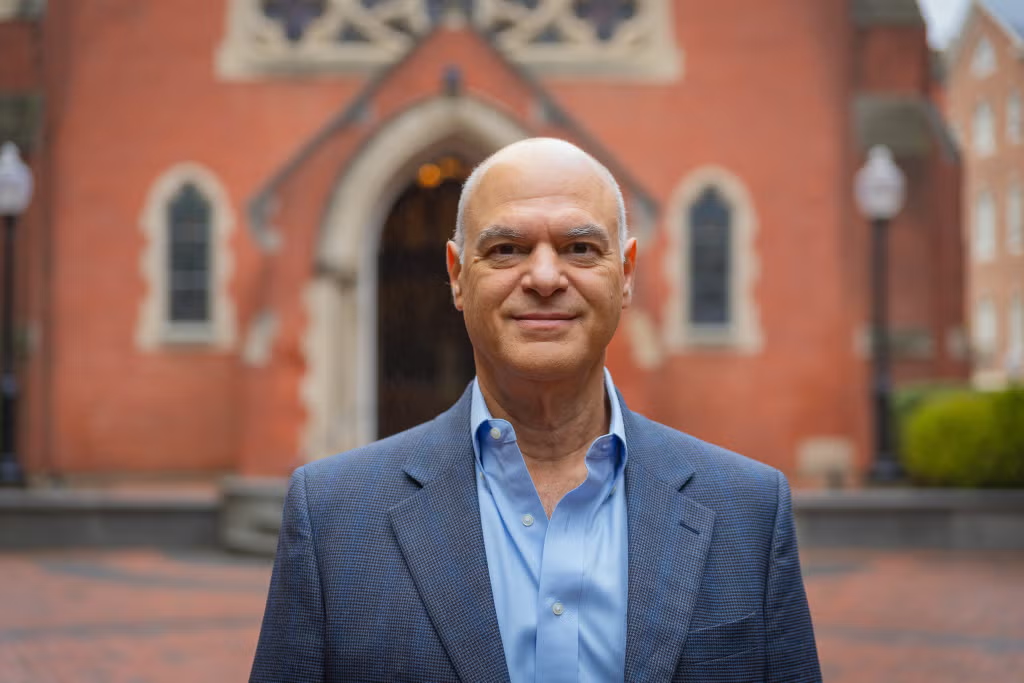
Returning to Georgetown as a full-time professor in the Landegger Program in International Business Diplomacy is like coming home for Professor Eddie Deschapelles (SFS’82). He has spent the last 40 years working in banking and investing. His primary interest is how investments—money flows—can help address climate change.
Deschapelles will teach four courses this year: Global Investment Foundations and Sustainable Investing in the fall and Business Accounting & Finance and Hedge Funds, Private Equity & Alternative Investments in the spring.
“I want to provide students with practical tools that can help them start their respective careers in international finance. This is one way I am giving back to Georgetown,” Deschapelles says.
Yifan (Flora) He, Provost’s Distinguished Faculty Fellow and assistant professor
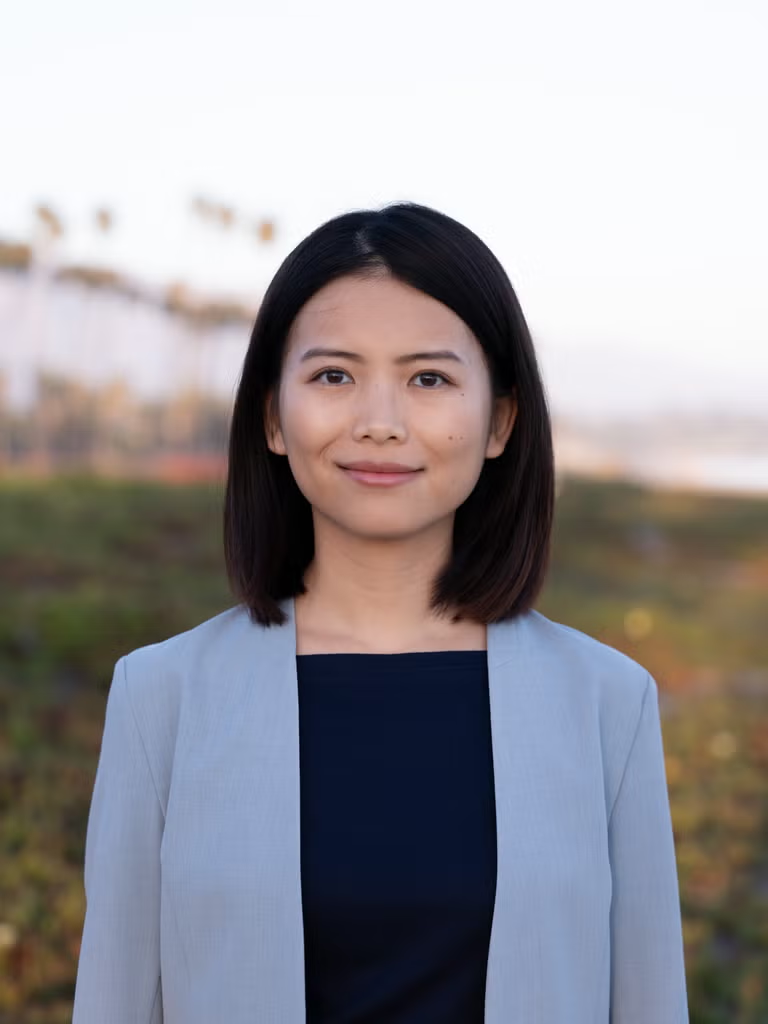
Professor Yifan (Flora) He is an environmental politics scholar whose research examines land and natural resource governance in the Global South, with a regional focus on Latin America.
“My research asks how political processes shape environmental governance and how we can facilitate more effective and equitable institutions to govern natural resources,” He explains.
He’s current research topics include deforestation and forest fires in Bolivia, gold mining in the Brazilian Amazon and land tenure reforms affecting Indigenous communities in Bolivia and Peru. She combines causal inference methods, geospatial and remote sensing data and qualitative interviews to advance knowledge in three areas: the distributive politics of environmental policy implementation; the social consequences of environmental degradation; and global conservation policy.
This year, He is a Provost’s Distinguished Faculty Fellow, which allows her to fully focus on research. Next year, she hopes to teach Environmental Politics in Latin America and offer a quantitative methods course on policy evaluation.
“I am excited to be part of a community with a global vision and presence, one that actively engages in the most pressing issues of our time,” He says.
Bulelani Jili, assistant professor
African Studies Program
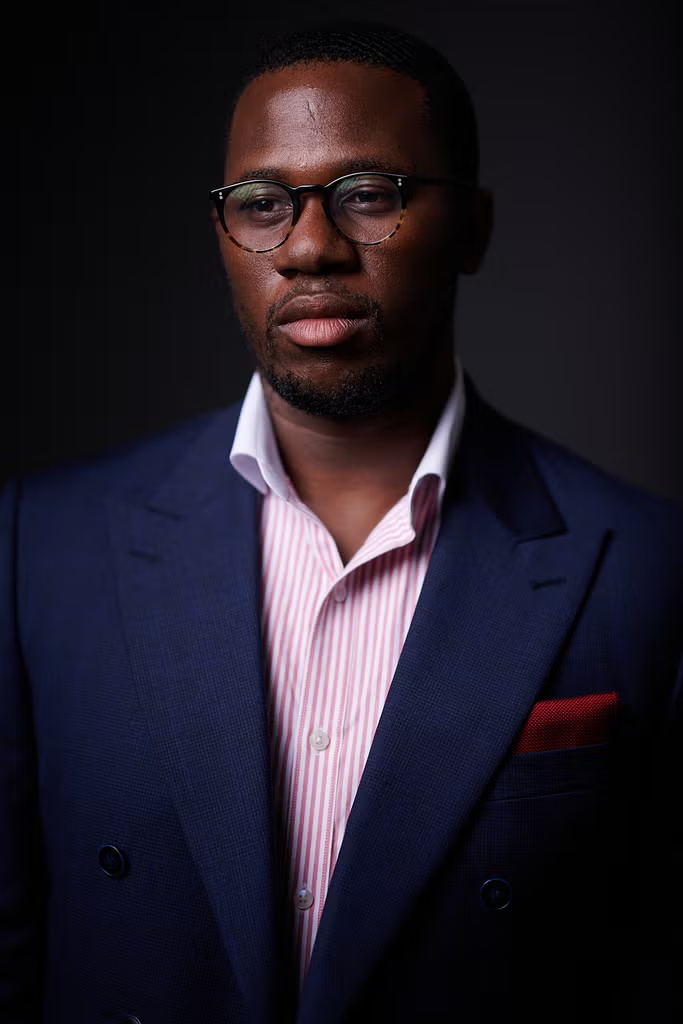
Professor Bulelani Jili’s expertise in AI technology, governance and global power with a particular focus on Africa-China relations straddles two areas at SFS, where he is now a faculty member in the African Studies program and an affiliate of the Science, Technology and International Affairs (STIA) program.
Jili explains: “At the heart of my current research, I investigate how Chinese surveillance tools like facial recognition technology are framed and deployed not only as instruments of development, but also as political artifacts that catalyze debates over autonomy, dependency, cybersecurity threats, AI governance, U.S.-China competition, and the afterlives of colonialism.”
Jili will teach three courses this year. Up this fall is Wired Asymmetries: Africa and the Politics of Digital Development, and on-deck for spring are Startup States: Sovereignty, Technology, and Development in Africa and the graduate seminar Africa-China Digital Entanglements: Development, Geopolitics, and Techno-Power. Jili says that the courses reflect his research themes and “aim to challenge students to think critically about the global politics of emerging technologies.”
“I’m excited to join a community as globally engaged, interdisciplinary and intellectually vibrant as SFS. The opportunity to collaborate with colleagues and students who are deeply committed to understanding and shaping our interconnected world is energizing. I’m particularly drawn to SFS’s unique positioning at the intersection of foreign policy and academic research—an ideal setting for exploring the complex, transnational dimensions of technology, African development and China’s expanding digital footprint,” Jili says.
Sheila Smith, visiting teaching professor in modern and contemporary Japanese politics
Asian Studies Program
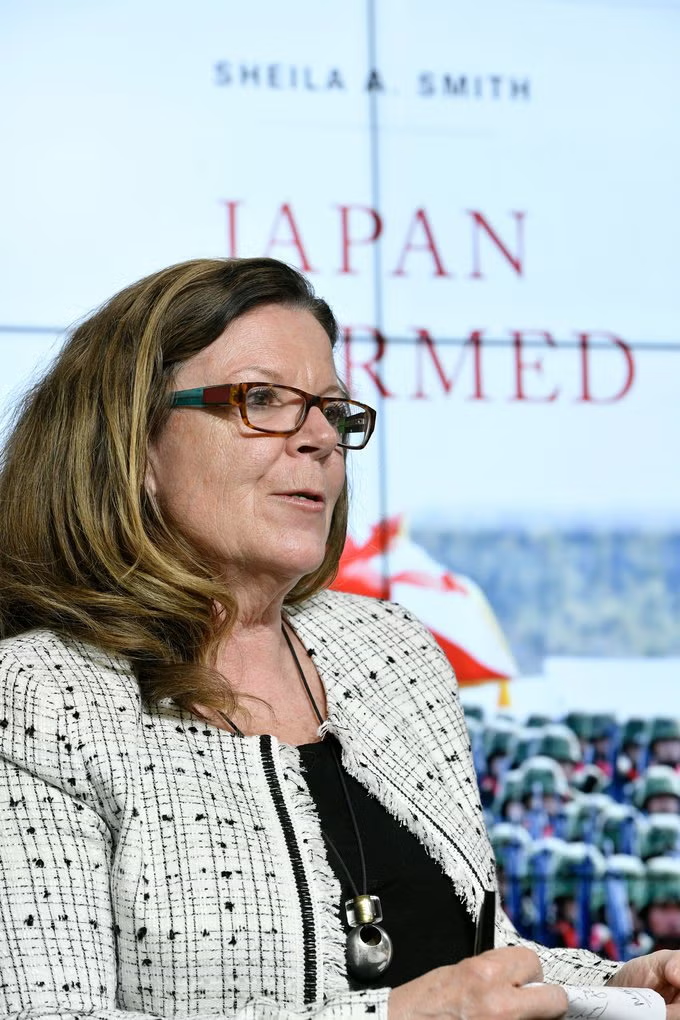
Professor Sheila Smith has been an adjunct professor in the Asian Studies program for the last five years, and she is delighted to “join so many friends, accomplished scholars” as a full-time teaching professor this year. She is also the John E. Merow senior fellow for Asia-Pacific studies at the Council on Foreign Relations (CFR). Smith is an expert on Japan and particularly focuses her research and writing on the intersection of domestic politics and foreign policy choice.
“Why do governments choose certain options rather than others? This is one of the most fundamental questions for all democratic societies, but Japan has a particular story to reveal about its postwar emphasis on Article 9 of its constitution, the so-called ‘no war’ clause,” Smith says.
She is teaching three courses this year: Asia’s Nationalisms in the fall and Japan’s Domestic Politics and the master’s thesis course for MASIA in the spring.
“Our world is changing so rapidly, and what happens in Asia will shape all of our futures. In-depth knowledge and disciplined scholarship of this dynamic region is ever more critical for those of us in the U.S. and also for those who reside around the world,” Smith says.
Sir Andrew Steer, Distinguished Research Professor of the Practice in Environment and Economics
School of Foreign Service and The Earth Commons
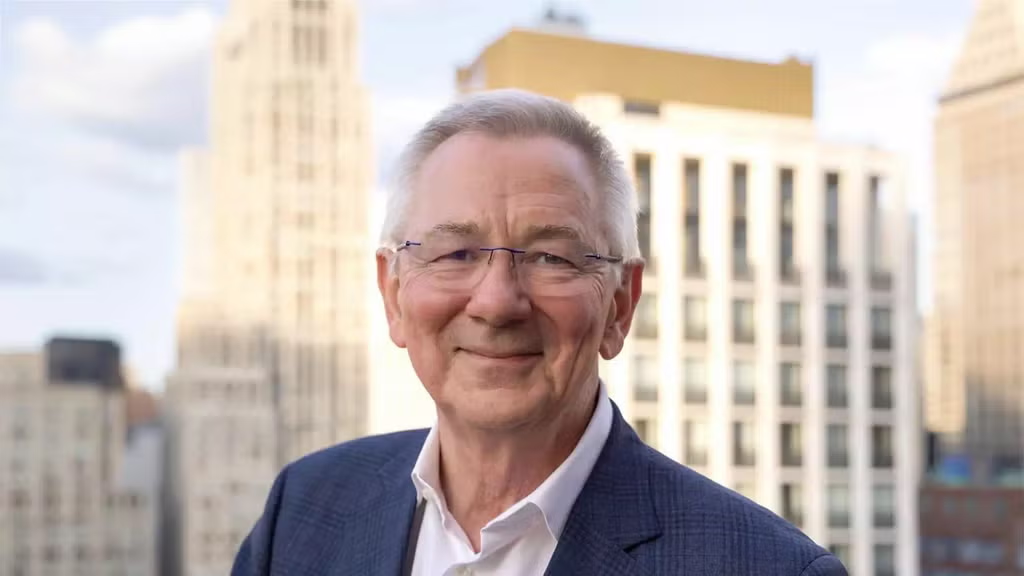
Sir Andrew Steer joined the school’s faculty as a Distinguished Research Professor of the Practice in Environment and Economics on May 1. Steer most recently served as the president and CEO of the Bezos Earth Fund. He will focus on solutions to climate and nature challenges and their relationship with economy and human wellbeing. He will teach, write and advise SFS and The Earth Commons and lead joint initiatives.
Prior to leading the Bezos Earth Fund, Steer was director general of the UK Department for International Development (DFID), now known as the Foreign, Commonwealth & Development Office. Steer also served as the president and CEO of the World Resources Institute (WRI) and special envoy for climate change at the World Bank. He led key World Bank offices in some of the fastest growing countries in the world, including Vietnam and Indonesia.
“It’s a genuine honor to be joining two such important centers within one of the nation’s great universities,” Steer says. “SFS is ranked number one in the world as a school of foreign policy as it advances our understanding of international affairs and prepares the next generation of diplomats and international leaders. And the Earth Commons is brimming with potential as it wrestles with one of the defining issues of our times. The missions of SFS and the Earth Commons are more vital than ever and deeply linked.” Read more about Steer here.
Michael Sulmeyer, professor of the practice in security studies
Center for Security Studies and Security Studies Program
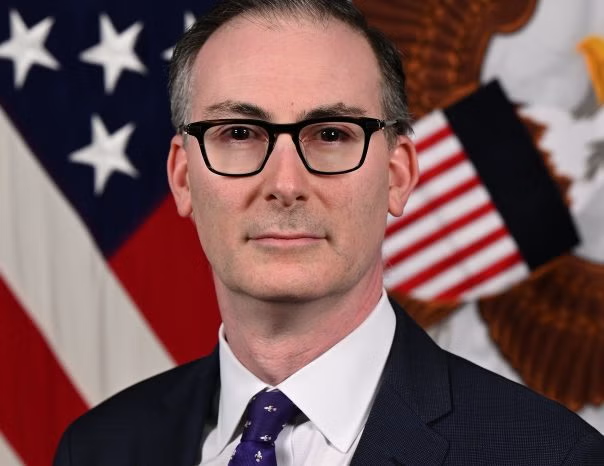
Professor Michael Sulmeyer is professor of the practice and director of cyber programs within the Security Studies Program (SSP). Sulmeyer most recently served as the Senate-confirmed Assistant Secretary of Defense for Cyber Policy and the Principal Cyber Advisor to the Secretary of Defense. He was first to hold this role in the Department of Defense and was the senior official responsible for setting DoD-wide policy on cyber operations, cyber policy and cybersecurity. Sulmeyer also previously held senior-level positions with the U.S. Army, U.S. Cyber Command and the National Security Council.
At SFS, Sulmeyer will lead SSP efforts on cyber issues, both in the classroom and for co-curricular activities. He will teach classes on cybersecurity, national security decision-making and the interaction between emerging technologies like artificial intelligence and cyber operations. This fall, he is teaching Cyber Operations.
Sulmeyer previously worked at SFS as a senior fellow with Georgetown’s Center for Security and Emerging Technology (CSET).
“I am excited to return to Georgetown to join the Security Studies Program and the School of Foreign Service. I am very much looking forward to this opportunity to work with world-class faculty while building the bench for the next generation of national security professionals,” Sulmeyer says. Read more about Sulmeyer here.
